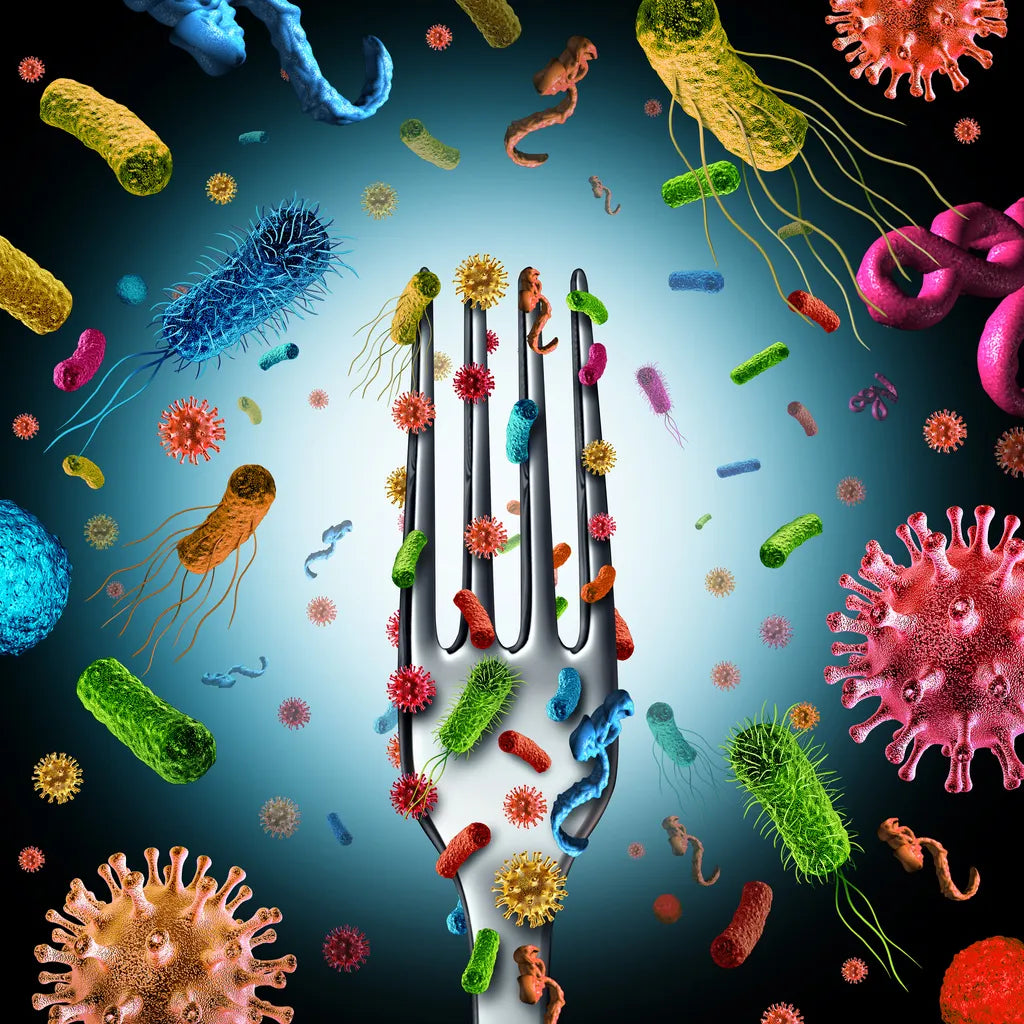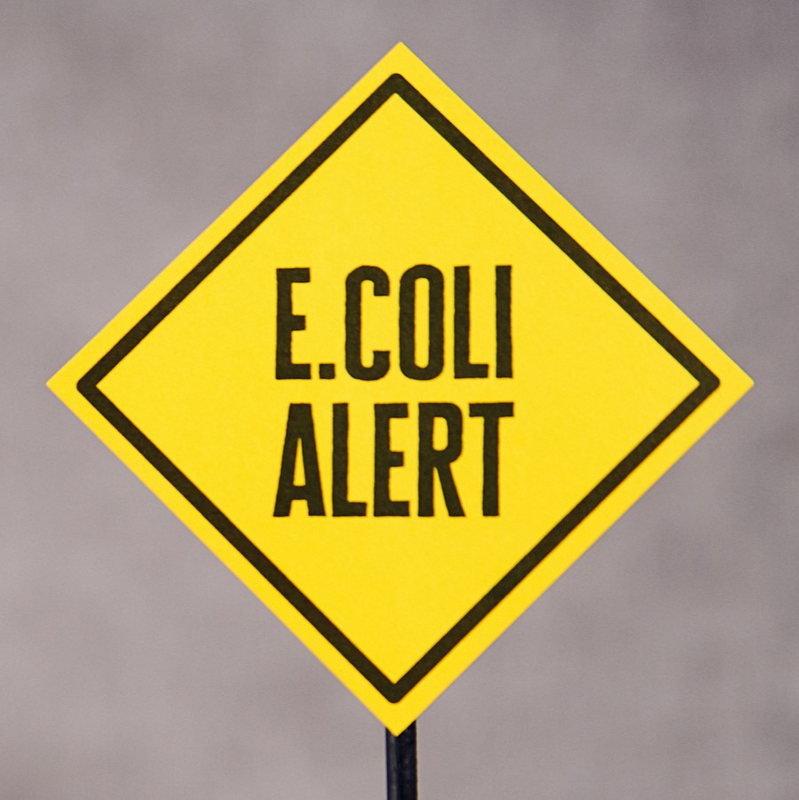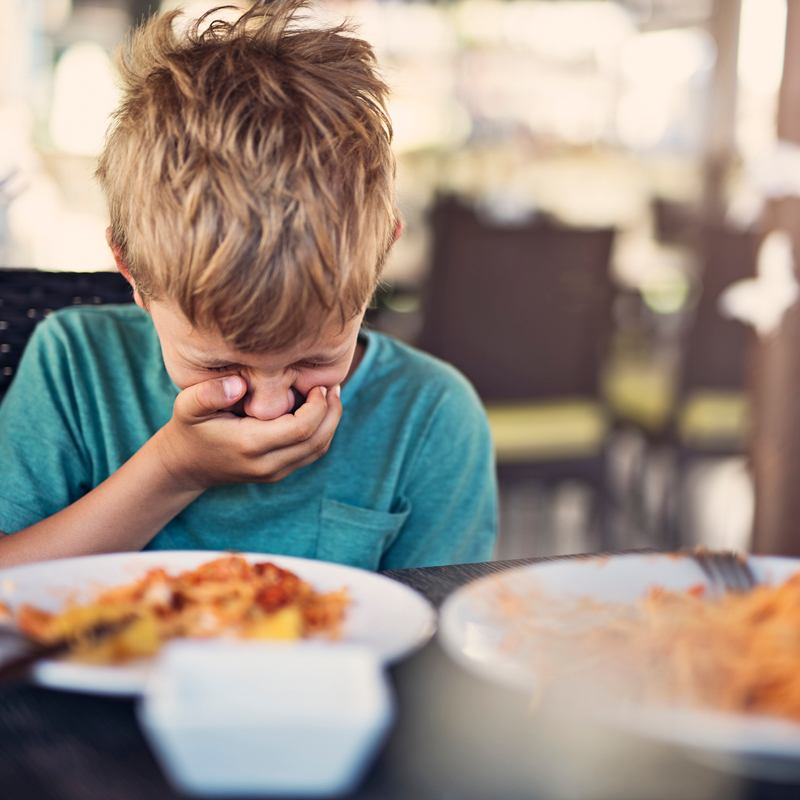Foodborne infections are a significant public health concern, with millions of cases reported globally each year. According to the World Health Organization (WHO), an estimated 600 million people—nearly 1 in 10—fall ill after consuming contaminated food, and 420,000 die annually as a result of foodborne illnesses. Among the various pathogens responsible for these infections, Escherichia coli (E. coli) is a prominent concern due to its potential to cause severe health issues.
E. coli is a diverse group of bacteria, most of which are harmless and live in the intestines of healthy humans and animals. However, pathogenic strains like E. coli O157 can cause severe illness. These harmful strains are known for causing foodborne infections that can lead to severe complications. Understanding the nature of E. coli and how it contaminates food is crucial for implementing effective preventive measures.
How E. coli Contaminates Food
E. coli contamination can occur through various pathways, which highlight the importance of comprehensive food safety practices:
Contamination Through Soil, Water, or Animal Manure: E. coli can be introduced to food through contaminated soil or water used in farming. Manure from infected animals can spread E. coli to crops, especially if it is used as fertilizer.
Cross-Contamination in Kitchens: During food preparation, E. coli can spread from raw meats to other foods through contaminated hands, utensils, or surfaces. Cross-contamination is a major risk factor, particularly if raw meat is not handled properly.
Insufficient Cooking or Improper Food Storage: E. coli survives at improper cooking temperatures. For example, ground beef should be cooked to an internal temperature of 160°F (71°C) to ensure it is safe. Improper food storage can also contribute to bacterial growth.
Authoritative studies, such as those from the Centers for Disease Control and Prevention (CDC), have detailed these contamination routes and emphasize the need for stringent food safety practices to mitigate risks.
Essential Tips for Preventing E. coli Contamination
Safe Food Handling Practices:
Hand Washing: Regularly wash hands with soap and water before and after handling food, especially raw meat.
Utensil Separation: Use separate cutting boards and utensils for raw meat and other foods to prevent cross-contamination.
Surface Cleaning: Clean kitchen surfaces and utensils thoroughly after contact with raw meat.
Cooking and Storage Guidelines:
Safe Cooking Temperatures: Cook meat, especially ground beef, to the recommended internal temperatures to kill harmful bacteria.
Proper Food Storage: Store food at appropriate temperatures to inhibit bacterial growth. Refrigerate perishables promptly.
Effective Food Washing:
Washing Fruits and Vegetables: Rinse fruits and vegetables under running water. However, traditional washing methods may not remove all bacteria effectively.
Introducing the Milerd Detoxer
The Milerd Detoxer offers an advanced solution for food detoxification. Its technology combines ultrasonic and oxidative methods to address both chemical and biological contaminants:
Advanced Cleaning Technology:
Ultrasonic and Oxidative Methods: The device uses ultrasonic waves to dislodge contaminants and oxidative cleaning to neutralize bacteria, including E. coli.
Performance: The Milerd Detoxer effectively removes 97.6% of pesticides, 99.9% of heavy metals, and 96.3% of molds, according to testing from Swiss and European laboratories.
Advantages Over Traditional Methods:
Comprehensive Detoxification: Unlike traditional washing, which may not eliminate all bacteria, the Milerd Detoxer provides thorough detoxification, enhancing food safety.
Comparing Milerd Detoxer with Conventional Methods
Traditional cleaning techniques, such as rinsing with water or using vinegar solutions, have limitations in removing bacteria like E. coli:
Effectiveness: Conventional methods often fail to address bacteria on the internal surfaces of food, while the Milerd Detoxer’s dual-action technology offers superior results.
Research Data: Studies indicate that advanced technologies, like those in the Milerd Detoxer, are more effective at removing contaminants than basic washing methods.
Consumer Benefits of Using Milerd Detoxer
Enhanced Health Protection:
Reduction of Harmful Microorganisms: The Detoxer reduces exposure to harmful bacteria, viruses, and parasites.
Nutrient Preservation: Maintains the nutritional value of food by not using harsh chemicals.
Convenience and Portability:
Ease of Use: User-friendly interface and rechargeable battery make it suitable for both home and travel use.
Environmental Benefits: Reduces reliance on chemical cleaners, promoting a sustainable approach to food safety.
Take Control of Your Food Safety Today!
Don’t leave your health to chance. Protect yourself and your loved ones from harmful bacteria like E. coli by adopting safe food handling practices. Consider enhancing your food safety routine with the Milerd Detoxer—your advanced solution for eliminating harmful contaminants from fruits and vegetables. With its powerful technology, you can enjoy peace of mind knowing your food is not only clean but also safe. Make the smart choice for your health and invest in the Milerd Detoxer now!



Leave a comment
This site is protected by hCaptcha and the hCaptcha Privacy Policy and Terms of Service apply.